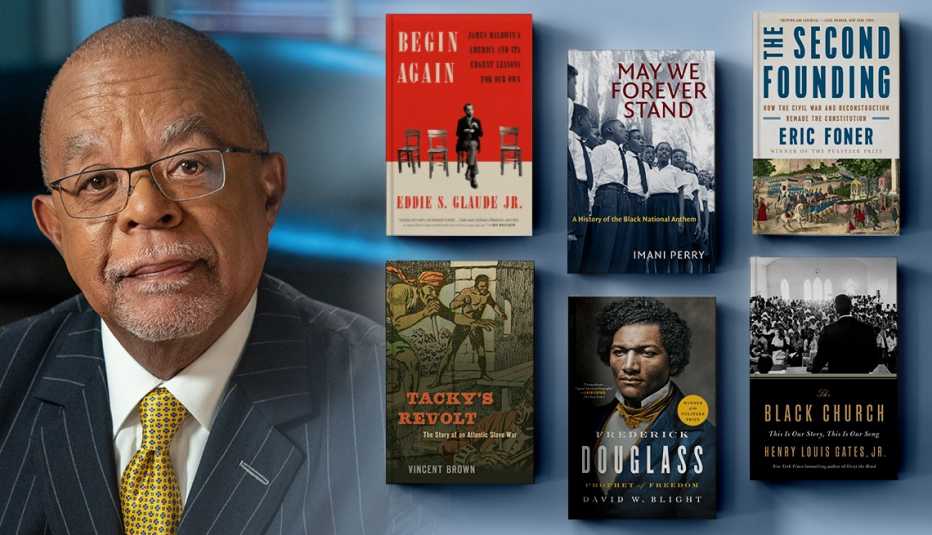AARP Hearing Center
Black History Month is a time to recognize achievements, reflect on history and come together, but it’s also a time to continue to push for equality and encourage resilience.
Every February, Americans celebrate Black history with in-person and online events in ways that range from educating themselves about current events to shopping Black-owned businesses and taking action on important issues. That’s reflected in the 2023 theme for the month — Black Resistance — chosen by the Association for the Study of African American Life and History (ASALH).
It’s a powerful theme, says Melanie Adams, director of the Smithsonian’s Anacostia Community Museum in Washington, D.C.
“Black people have been resisting since day one,” she says. “African Americans are resilient, and regardless of the issues we face, we find a way to overcome them. I think that resistance and resilience go hand in hand in that way.”
This month, the Anacostia museum will feature a discussion with artist Yetunde Sapp about her Justice for Breonna mural, honoring Breonna Taylor, who was shot and killed by police officers in Louisville, Kentucky, in March 2020. The Feb. 19 event, titled “Art and Calls to Action with Yetunde Sapp,” will include a viewing of the brightly colored 8-foot-by-12-foot mural featuring the words “take action.”
That event is just one of many ways to celebrate Black History Month, which was launched in 1926 as Negro History Week, thanks to historian Carter G. Woodson and minister Jesse E. Moorland, who wanted to highlight the contributions of Black Americans. In 1976, President Gerald Ford officially recognized February as Black History Month.
Although Black History Month is an important marker, Adams says, reflecting on accomplishments and pushing for equality should extend beyond February. “It should be commemorated, but it should also be celebrated that we're still here and we're working to create a better world for those who come after us," she says.







































































